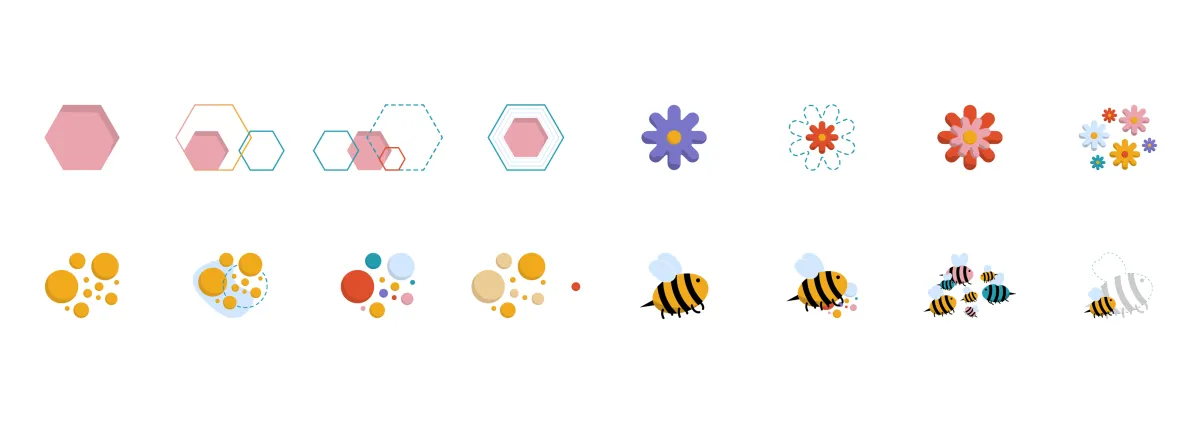Competences are defined a combination of knowledge, skills and attitudes by EU countries.
Knowledge is composed of the concepts, facts and figures, ideas and theories which are already established, and support the understanding of a certain area or subject. Skills are the ability to carry out processes and use the existing knowledge to achieve results. Attitudes describe the disposition and mindset to act or react to ideas, persons or situations.
Sustainability means prioritising the needs of all life forms and of the planet by ensuring that human activity does not exceed planetary boundaries.
A sustainability competence empowers learners to embody sustainability values, and embrace complex systems, in order to take or request action that restores and maintains ecosystem health and enhances justice, generating visions for sustainable futures.
This definition focuses on developing learners' sustainability knowledge, skills and attitudes to help them think, plan and act with sustainability in mind and live in tune with the planet. All types of learning - formal, non-formal and informal - are considered as vectors for developing this competence. Sustainability as a competence applies to all spheres of life, both on personal and collective levels and should be supported from early childhood education onwards.


Sustainability means education for Social Responsibility and Environmental Awareness of children so that they become active citizens from a young age!
Please log in or sign up to comment.